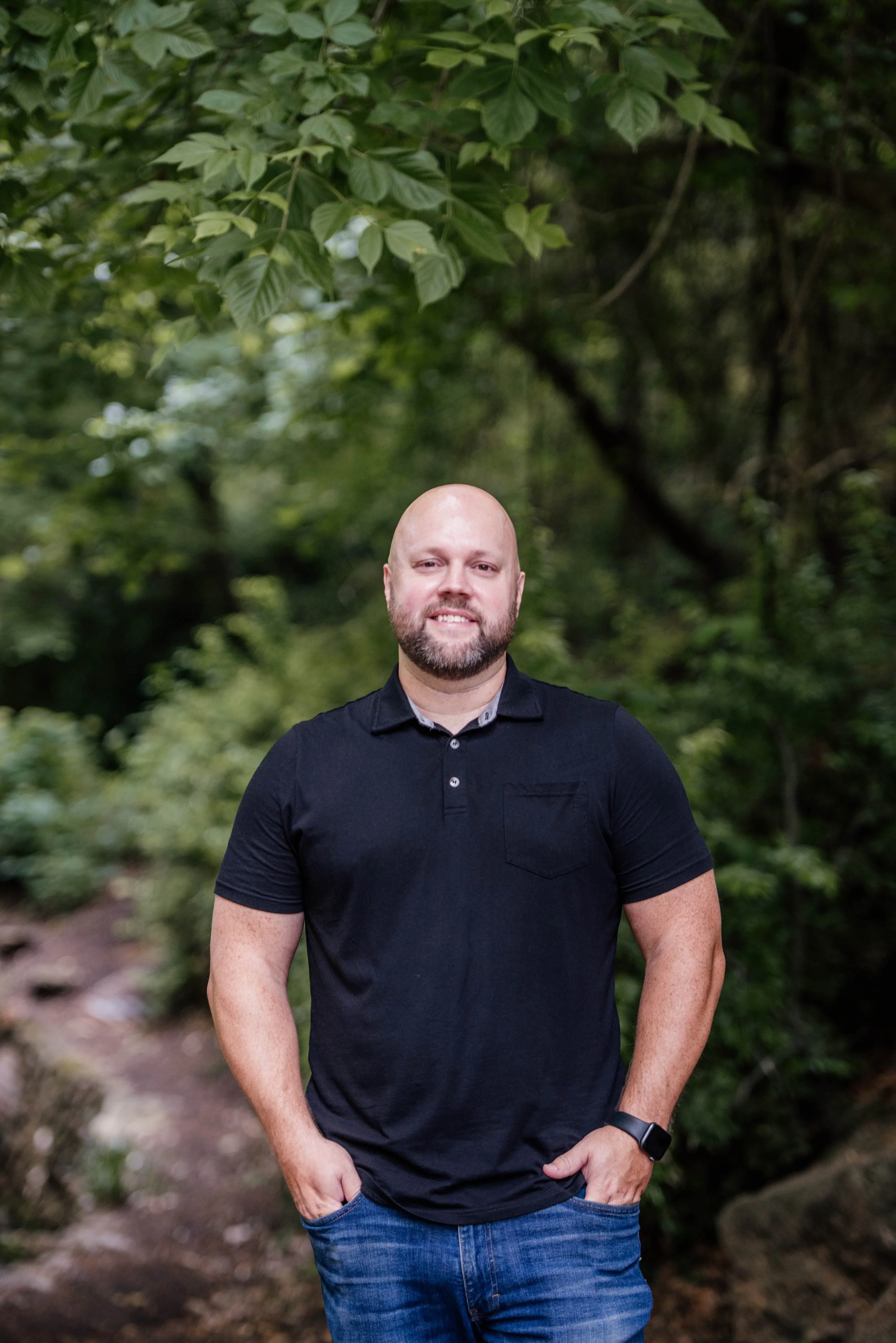AI Cheating Accusations in College
Learn how to handle AI-related academic misconduct accusations in college. Understand AI detection, student rights, consequences, and proper AI use in education.
by Christopher Holland
Founder of Academic AI Consulting
All information contained herein is for informational or educational purposes only and does not constitute legal advice. Academic AI is not a law firm and does not offer legal advice. Please consult an attorney before taking any legal action.
AI Cheating Accusations in College: Frequently Asked Questions
As artificial intelligence becomes more integrated into education, students are facing new challenges, including being accused of using AI to cheat. At Academic AI, we provide expert guidance to help students, parents, and educators navigate this evolving landscape. Below are answers to some of the most common questions college students ask when dealing with AI-related academic misconduct accusations.
1. How can my school prove I used AI to cheat?
Colleges may rely on AI detection tools such as Turnitin's AI writing detection, GPTZero, or other software to flag content suspected of being AI-generated. These tools analyze patterns in the writing, such as syntax, perplexity, and burstiness. However, these tools are not always accurate. In some cases, faculty may also review writing style differences or metadata in submitted documents.
It is important to know that detection tools alone do not constitute definitive proof. Schools should provide clear evidence before taking disciplinary action.
2. I used AI to help me, not to cheat. Does that still count as misconduct?
This depends on your institution’s academic integrity policy. Some schools allow limited AI use, such as grammar correction, outlining, or brainstorming. Others prohibit any use without explicit permission. If you used AI to generate entire responses, rewrite sections, or complete assignments, it may be viewed as academic dishonesty.
Always review course guidelines or ask your instructor for clarification. Transparency is key.
3. What rights do I have if I am accused of using AI to cheat?
You have the right to understand the allegation, review the evidence, and respond. Most institutions have formal procedures in place for academic misconduct, which may include:
A written notice of the accusation
An opportunity to meet with faculty or a conduct officer
A right to appeal the decision
Students should respond calmly, honestly, and professionally. You may also request to have an advisor or advocate present during meetings, depending on your school’s policy.
4. Can AI detection tools be wrong?
Yes, AI detectors can produce false positives. These tools are still evolving and may flag human-written content as AI-generated. Factors such as simple sentence structure or lack of citations can increase the likelihood of a false positive.
If you believe the result is incorrect, you should request a detailed explanation and prepare evidence showing your writing process (e.g., drafts, notes, or version history).
5. What are the consequences if I am found responsible?
Consequences vary by institution and the severity of the violation. Common outcomes may include:
A failing grade on the assignment
A failing grade in the course
Academic probation or suspension
A permanent academic integrity mark on your transcript
In the worst cases, expulsions, denial of degree, and other more stringent punishments.
Repeat offenses often lead to more serious disciplinary action. Understanding the policy at your school is crucial.
6. How should I respond if I am accused?
Remain calm and professional. Respond in writing with a clear explanation of your process, what tools (if any) you used, and your understanding of the assignment. Provide drafts, notes, or earlier versions to support your case. Avoid being defensive or emotional. Focus on facts.
If available, consult your academic advisor or student conduct office before submitting your response.
7. What is considered acceptable use of AI in college coursework?
Acceptable AI use varies by instructor, department, and institution. In general, AI may be used ethically for:
Grammar and spell checking
Brainstorming ideas or outlines
Summarizing content (if properly cited)
Generating citations (with manual verification)
Using AI to complete entire assignments, write essays, or answer exam questions is often considered academic misconduct unless explicitly permitted. When in doubt, ask your instructor before using any AI tool.
Need Guidance?
Academic AI helps students and educators make informed decisions about AI in education. If you are facing an AI-related accusation or want to better understand what is considered ethical AI use, contact us today.
My name is Chris Holland. I am an IT engineer and I founded Academic AI to help students, parents, and educators navigate the world of artificial intelligence.
With over 27 years of experience in the IT industry, I founded Academic AI to address a growing need: helping families and educators navigate the complex and rapidly evolving landscape of artificial intelligence in education. As AI tools become more accessible, students are increasingly facing accusations of misuse, while educators are often left without the training or resources to uphold academic integrity effectively. That’s where Academic AI comes in—offering expert guidance, practical solutions, and clarity in a time of uncertainty.
All information contained herein is for education purposes only and does not constitute legal advice. Academic AI is not a law firm and does not offer legal advice. Always consult a licensed attorney before taking any action based upon the information contained herein.


